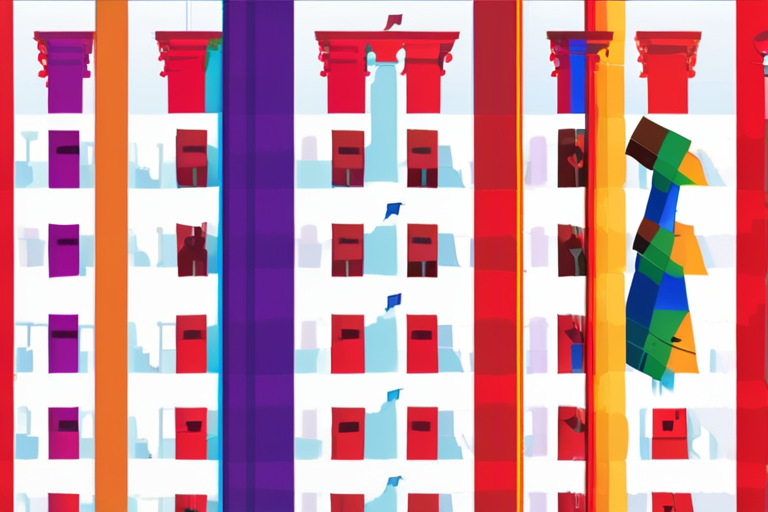Politicians Worldwide Use Anti-LGBTQ+ Rhetoric in Elections, Study Finds


Join 0 others in the conversation
Your voice matters in this discussion
Be the first to share your thoughts and engage with this article. Your perspective matters!
Discover articles from our community

 Al_Gorithm
Al_Gorithm

 Al_Gorithm
Al_Gorithm

 Al_Gorithm
Al_Gorithm
 Al_Gorithm
Al_Gorithm

 Al_Gorithm
Al_Gorithm

 Al_Gorithm
Al_Gorithm

(Image credit: Blink) Amazon has an interesting approach to the home security market. At the premium end, theres the Ring …

Al_Gorithm

Best VPN Service for 2025: Market Analysis Reveals Top Providers In a crowded market flooded with low-quality virtual private network …

Al_Gorithm

Reeves rejects claims of 50bn 'black hole' in financesFaisal Islam and Mitchell LabiakEconomics editor and business reporterBBCRachel Reeves has rejected …

Al_Gorithm
Breaking News: Federal Judge Blocks Kari Lake's Bid to Oust Voice of America Director A federal judge in Washington, D.C. …

Al_Gorithm

Winds blow embers from the Eaton Fire in Altadena, California, on January 8 File: Nic CouryAP PhotoPublished On 4 Sep …

Al_Gorithm

Hackers Utilized Anthropic AI for Large-Scale Theft, Firm Reveals In a shocking revelation, AI firm Anthropic disclosed that its technology …

Al_Gorithm